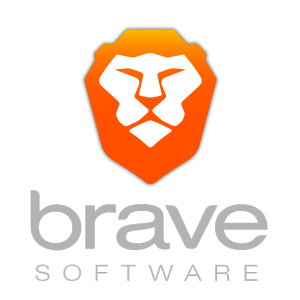Last night I saw a respected security professional I follow on Twitter mention the Brave web browser, and how good he thought the mobile version is. Brave was started by the Mozilla Project co-founder Brandon Eich, and is based on Chromium, the open-source base that Google Chrome is constructed upon.
Today, I caught wind that Chrome is soon going to prevent you from doing things such as disabling its DRM management feature called Widevine. The problem with this is summarized here:
…a single browser may now require two different DRM plugins to play all DRM content. These plugins have their own security issues, but unlike with the Flash vulnerabilities, security researchers are banned from looking for them, due to Section 1201 of the Digital Millennium Copyright Act (DMCA). That means malicious hackers, who already engage in other criminal activities, may freely take advantage of all the vulnerabilities they find in these DRM plugins before companies discover them on their own.
In short, because of the closed nature of the DMCA, we end users are at risk unnecessarily, and we will soon have no ability to disable this plugin should we wish to do so. I started to look around for better options regarding browser privacy, just to see what the latest developments were.
Enter The Brave
 Brave offers a browser that works on all platforms (Windows, Mac, Linux) and on mobile. It blocks ads by default, blocks malware, and is lean and fast. Putting user privacy and security at the forefront, along with speed, this thing is a powerhouse as it forces https on websites and prevents malware-serving advertisement networks from invading your workspace.
Brave offers a browser that works on all platforms (Windows, Mac, Linux) and on mobile. It blocks ads by default, blocks malware, and is lean and fast. Putting user privacy and security at the forefront, along with speed, this thing is a powerhouse as it forces https on websites and prevents malware-serving advertisement networks from invading your workspace.
But the difference is the paradigm shift in supporting advertisers, as opposed to simply blocking them out completely:
Brave intends to keep 15% of ad revenue for itself, pay content publishers 55%, ad partners 15% and also give 15% to the browser users, who can in turn donate to bloggers and other providers of web content through micropayments.
I have yet to figure out how or if that will work, exactly, and it doesn’t seem to be fully impemented in the browser yet, but it seems like a great way to solve the elephant-in-the-room problem the Internet faces today: how to earn money and keep users safe at the same time, so that they don’t need to run ad blockers and anti-tracking plugins?
Stay tuned for more info as I learn it, and as I figure out Brave.